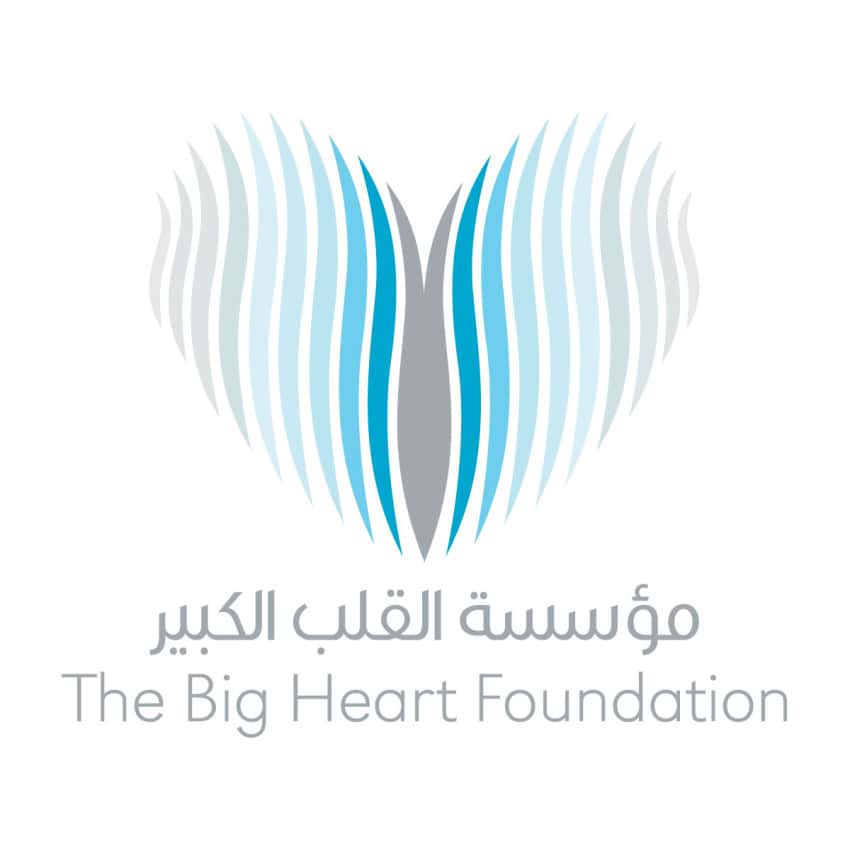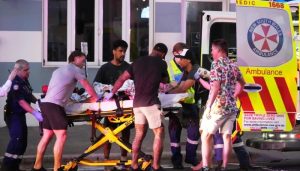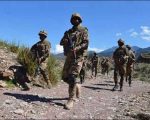SHARJAH – In response to UAE schools rolling out remote learning programs as directed by the UAE Ministry of Education (MoE), The Big Heart Foundation (TBHF), a Sharjah-based global humanitarian organization dedicated to helping refugees and people in need worldwide, has announced the contribution of AED 300,000 to the Al Ahliya Charity schools to support distance learning of Sharjah students who study in schools that run on charitable funding.
This is the first project being undertaken under the TBHF Local Fund. The funds will be utilized by the Sharjah Private Education Authority (SPEA) for purchasing tablets for students who do not have one.
Maryam Al Hammadi, Director of TBHF, said: “The UAE has made tremendous efforts to turn the local education system completely virtual, facilitating schools to organize distance education classes so students can continue learning from home. Sharjah and TBHF are committed to ensuring that the benefits of this program can be accrued by the maximum number of young learners in the UAE. Through this initiative, we are doing our part in guaranteeing that more students in Sharjah have the means they need at home to keep learning and growing.”
Al Hammadi praised the active role of Al Ahliya Charity schools during the past decades in supporting the education process for students across the emirates of the UAE, stressing that this contribution is only a very simple initiative and a national duty in exchange for what the nation is providing to support the experience of distance learning.
On another note, Al-Hammadi stressed that The Big Heart Foundation is following the developments of the humanitarian situation in the world due to the outbreak of Coronavirus, especially the potential dangers to refugee camps, displaced people and societies that were torn by conflicts and disasters, losing their ability to combat the virus.
Al-Hammadi said that the foundation is communicating with its partners and humanitarian organizations in the world to prepare emergency response plans targeting the most vulnerable societies and those who lack proper infrastructure and health care systems.














